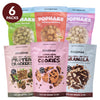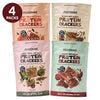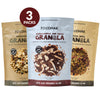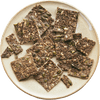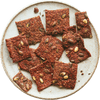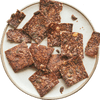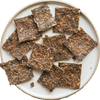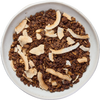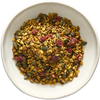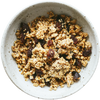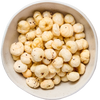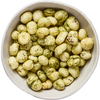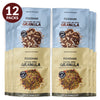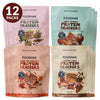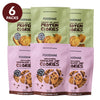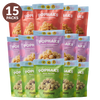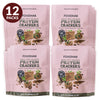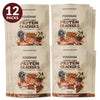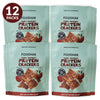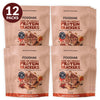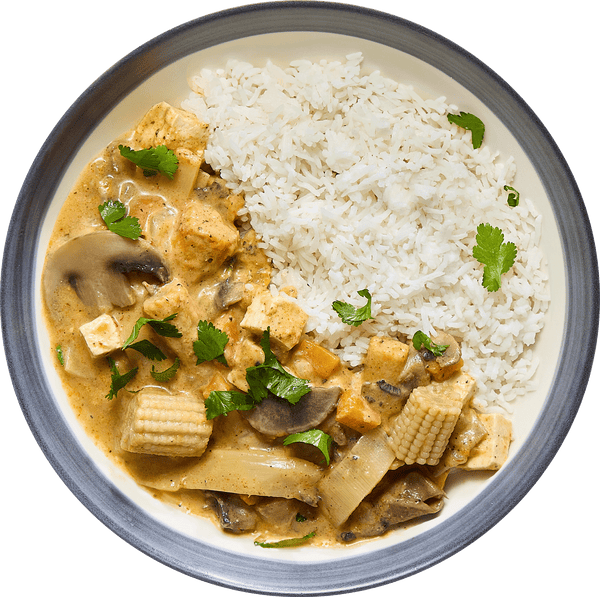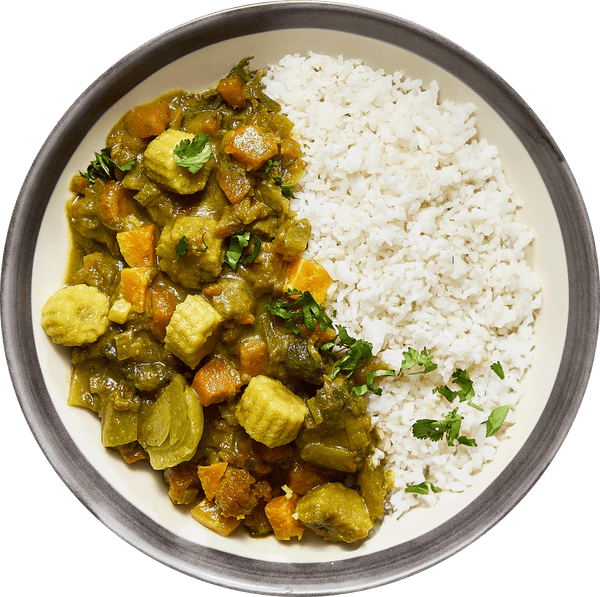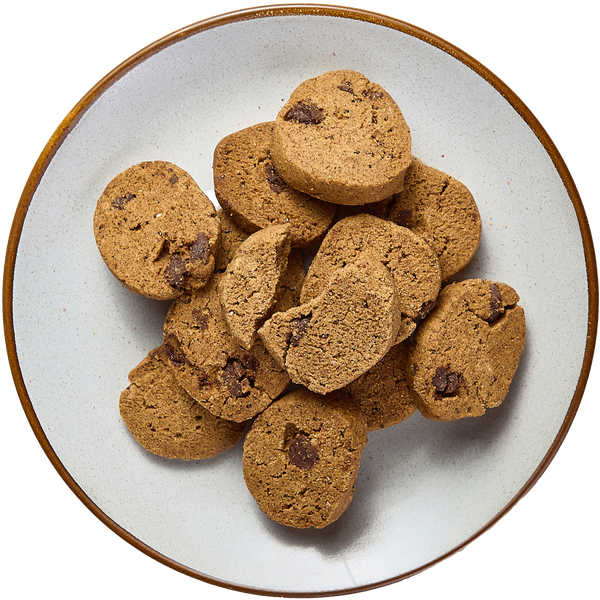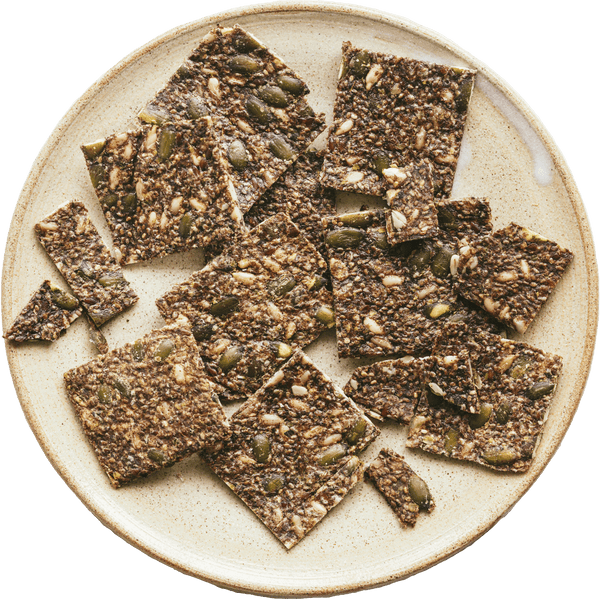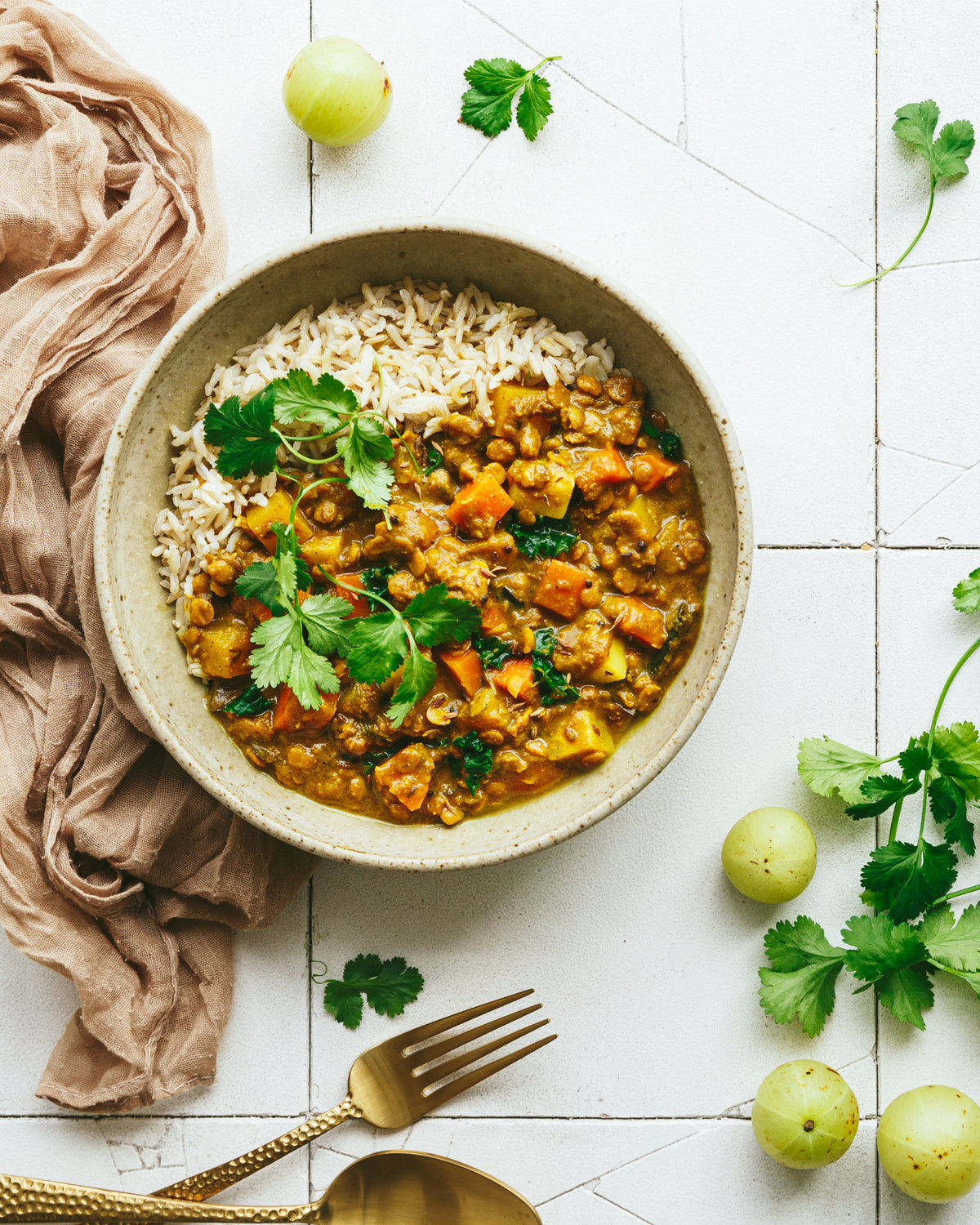
5 Foods to Avoid That Cause Inflammation and Chronic Fatigue
Reviewed By : Michele Porter - Nutritionist
Feeling exhausted all the time? It's not simply the late work hours and you're not the only one feeling this way. Many of us who try to eat healthily is always concerned with how our food will affect our bodies physically, including our hearts, the environment, and, of course, our waistlines, but we rarely consider how it will affect our mental health, including our mood and energy levels.
However, there is a constant bidirectional connection between the gut and the brain, and the state of one greatly affects the other.
Having foods that cause inflammation in the abdomen, in particular, can deplete your body's reserves, leaving you feeling exhausted all the time. This occurs because chronic low-grade inflammation shuts down a metabolic switch in a chemical pathway that generates energy.
Misguided dietary practises not only reduce energy but also pave the way for free radicals, which harm brain cells.
Foods that cause inflammation
Depending on the context, inflammation can have beneficial or detrimental effects. One could argue that this is the body's method of doing what it must to prevent further damage in the event of an injury or illness. It enhances the immune system and speeds recovery from disease.
However, persistent inflammation is associated with a higher probability of developing conditions like diabetes, cardiovascular disease, and obesity.
Intriguingly, what you eat can have a major impact on the inflammation levels in your body. Here are 5 inflammatory foods to avoid:
- Bacon, burgers, hot dogs, lunch meats, and cured and smoked meats are examples of processed and red meat.
- Refined grains, which include white rice, white bread, pasta, noodles, and breakfast cereals, are examples of refined grains.
- Chips, biscuits, crackers, doughnuts, and pastries, among other snack items
- Carbonated soft drinks and other liquids with added sugar
- Deep-fried foods
These foods share the common denominator of having artificial sweeteners, saturated fats, and/or trans fats added to them. These are also examples of processed foods, with the exception of red meat.
Inflammation can also be caused by alcohol. To make matters worse, alcohol is frequently consumed alongside the aforementioned inflammatory foods. Mixed with soda or other sugary beverages, or with processed grains, alcoholic beverages become much more harmful.
To what extent do these foods contribute to inflammation?
A person's cells have a distinct response to processed foods compared to those of natural origin. Vegetables, fruits, and whole grains give your body the nutrients, vitamins, and minerals it needs to run key functions, so your body is hardwired to process and use these foods.
It's a different situation when it comes to the refined sugars, fats, and carbohydrates that are commonly included in processed foods. You can do without them. Because of this, your body may not know how to process them, especially if you consume a lot of them at once.
This list of foods that cause inflammation is hazardous to our systems and set off pro-inflammatory cytokines in a variety of ways.
For instance, the addition of refined vegetable oils to processed foods might disrupt the balance of omega-6 to omega-3 fats in the body. Even though it's not a component of saturated fat, red meat can be a good supply of omega-6 fats.
Both omega-6 and omega-3 fatty acids are considered important because they are not produced by the human body. Foods high in omega-6 fatty acids are typically healthy, but a diet heavy in omega-6 fatty acids without also getting enough omega-3 fatty acids increases the risk of developing inflammatory disorders.
In addition, many processed foods include a lot of added sugar and refined carbohydrates, both of which can cause blood sugar levels to jump. When blood sugar levels are high, inflammatory pathways are triggered. Insulin resistance and diabetes, which are both connected to inflammation, can develop from chronically high blood sugar levels.
But... just how terrible is this situation?
Most people who eat foods that increase inflammation don't realise it since the effects are so gradual. However, Chronic Fatigue Syndrome (CFS) and other conditions share a common cause: a chronic inflammatory response that manifests in a wide range of unpleasant to mildly incapacitating symptoms (Chronic Fatigue Syndrome).
Switch to an anti-inflammatory diet
Certain meals contain components that might either initiate inflammation or make existing inflammation worse. Fresh, unprocessed foods are less likely to have this effect, in contrast to those that are high in sugar or that have been processed.
A diet that reduces inflammation prioritizes increasing the consumption of fresh fruits and vegetables and reducing the intake of foods that trigger inflammation. Antioxidants can be found in a plentiful supply of foods derived from plants. On the other hand, there are certain meals that have been shown to cause the creation of free radicals. Foods that are fried in oil that has been cooked and reheated multiple times are one example.
Free radicals can be eliminated from the body with the assistance of chemicals found in food known as Trusted Source. Some of the processes that occur in the body, such as metabolism, produce free radicals as a natural byproduct. On the other hand, the body's production of free radicals can be stoked by activities carried out by the outside world, such as stress and smoking.
Damage to a cell's DNA can be caused by free radicals. Damage of this kind raises the likelihood of inflammation, which in turn can contribute to a wide variety of disorders.
The body produces its own antioxidants, which aid in the elimination of harmful substances, but consuming antioxidant-rich foods is also beneficial.
A diet designed to reduce inflammation should include a wide variety of foods that:
- contains a lot of healthy nutrients
- offer various antioxidants
- consist of nutritious fats
Some anti-inflammatory ingredients to include in your diet are:
- seafood high in omega-3 fatty acids, like tuna and salmon
- a variety of berries and cherries, strawberries, blueberries, blackberries, etc.
- plant foods such as kale, spinach, beans, and broccoli
- Fresh fruit seeds and Nuts
- oil and olives
- fiber
You can also choose ready-to-eat anti-inflammatory recipes like:
- Fried Rice with Tofu, Edamame, and Sweetcorn - Fried Rice with Tofu, Edamame, and Sweetcorn is seasoned with nigiri for a real, intense Asian essence and made with edamame, tofu, and sweetcorn for a supper that is as healthy as it is tasty.
- Red Thai Curry - Red Thai Curry is relatively sugar-free but rich in chloride and a good source of dietary fiber. It's also high in Vitamin A, which helps safeguard your skin, eyes, immune function, and metabolism.
- Spirulina Thai Green Curry - Spirulina Thai Green Curry is a Thai-inspired green curry that is packed with nutrients and bursting with flavour. The overarching texture of the dish is boosted by sweet coconut milk as well as the herby tang of spirulina. Green curry paste has a mellow, tempered flavour and aroma that's both rich and herb-packed.
- Ayurvedic Rasam - Ayurvedic Rasam is a hearty soup that contains thiamin, folic acid, vitamin A, vitamin C, and niacin, as well as potassium, iron, calcium, zinc, selenium, copper, and magnesium. It may help with losing weight, diabetic management, and nutritional deficits.
- Ashwagandha Choc Chip Cookies - Ashwagandha Choc Chip Cookies have a healthful twist owing to ashwagandha, which is loaded with perks for the body and brain. Dark chocolate chips and millet flour are used to make these fluffy, delicious cookies. The addition of palm sugar lends them an enticing delicacy.
The following was also suggested by the authors of a 2017 study published on frontiersin.org:
- plant foods, either raw or lightly cooked
- beans, peas, and other legumes
- ginger, turmeric, and other spices
- both probiotics and prebiotic
- tea
- herbs
It's important to keep in mind that:
- There is no magic cuisine that can improve someone's health. It's crucial to incorporate a wide range of nutritious foods into daily eating habits.
- It's better to use fresh, uncomplicated ingredients. The nutritional value of foods might change during processing.
- When purchasing prepared foods, it is important to read the labels. In spite of the fact that cocoa alone isn't bad for you, many of the goods that feature cocoa also have a lot of sugar and fat.
- Antioxidants and other nutrients can be found in abundance in a meal with lots of colour. Make sure to use a wide range of product colours.
If you get adequate sleep but still feel exhausted during the day, it may be because of the food you eat. Foods that are highly processed and high in sugar are two of the worst offenders when it comes to causing fatigue. If you swap them out for more wholesome whole foods, especially plant-based fare, you should see an increase in energy.
Remember that food must make you feel good, provide you with stamina, and help you live a longer life. Whatever you consume on a daily basis has the potential to work as preventative medicine, but determining what to dine can be difficult, and that's why Foodhak has simplified the process for you.
Freshly cooked ready-to-eat meals from Foodhak are anti-inflammatory, scientifically supported, plant-based, and gluten-free. Everything is readily delivered to your door.
Also read: 6 Signs of Fatigue, Energy-Boosting Foods for Fatigue
